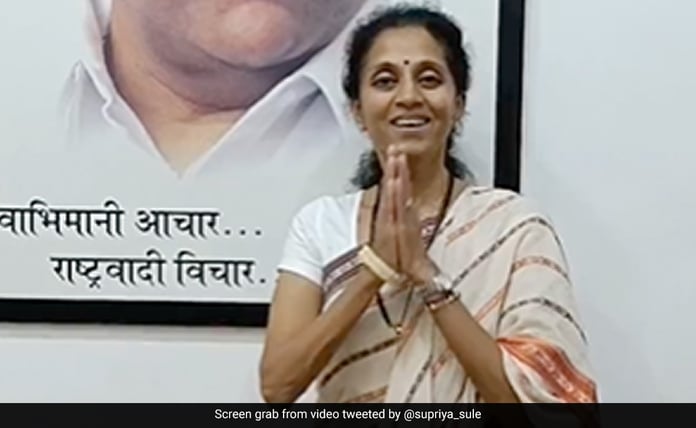The Women’s Reservation Bill has been a topic of significant debate and discussion in Indian politics. The bill proposes to reserve 33 per cent of seats in the Lok Sabha and State Legislative Assemblies for women. The history of political reservation for women in India dates back to the Indian national movement. Leaders like Begum Shah Nawaz and Sarojini Naidu advocated for the absolute equality of political status for women.
In 1971, discussions revolved around the declining political representation of women in India. The National Perspective Plan for Women in 1988 recommended reservations for women from the Panchayat level to Parliament, leading to the 73rd and 74th amendments to the Constitution. These amendments mandated state governments to reserve one-third of the seats for women in local governance bodies. States like Bihar, Maharashtra, and Kerala have even ensured 50 per cent reservation for women in local bodies.
The Women’s Reservation Bill was first introduced in the Lok Sabha in 1996 but lapsed due to lack of approval. It was reintroduced multiple times but failed to gain majority votes. In 2008, the bill was passed in the Rajya Sabha but was not considered in the Lok Sabha, leading to its lapse. The BJP promised 33 per cent reservation for women in its 2014 and 2019 manifestos.
Supporters of the bill argue that affirmative action is essential to improve the condition of women in Indian society. They believe that women’s representation in decision-making is crucial to address issues like crimes against women, low workforce participation, and skewed sex ratios. Opponents argue that women are not a homogeneous group like caste, and reservations for women might violate the Constitution’s guarantee of equality.
Currently, women constitute around 14 per cent of the Indian Parliament, which is lower than neighbouring countries like Nepal, Pakistan, and Bangladesh. The national average of women MLAs across all state assemblies is just nine per cent.


